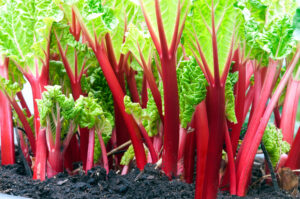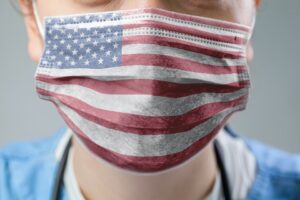The south of Senegal is almost completely cut off from the north by the enclave of Gambia, and farmers of the poor but fertile Casamance region depend on coastal ferries to transport their agricultural produce to the rest of the country. The state-run Le Joola ferry provided the vital twice-weekly service before it was withdrawn for maintenance and repairs. Without the ferry, traders had to use the long, dangerous and expensive alternative route – potholed, bandit-ridden roads and the ferry across the River Gambia, with its high fares.
After a year out of action, Le Joola resumed a once-weekly service in September 2002 to run in its new engine. On September 26 it left Ziguinchor for Dakar laden with cargo and more than three times its official capacity of 580 passengers. The weather was very hot and as night fell hundreds left the cramped, airless lower levels to sleep on deck.
At about 23.00 the ship hit an unexpected storm and it was so overloaded and unbalanced that it capsized, flinging hundreds into the rough sea. Many were killed instantly. Just one lifeboat was launched and fishermen in the area picked up some swimmers. But by morning, when the rescue teams arrived, most of those in the water had already drowned.
When the ferry went down hundreds more were trapped inside, and diving teams only retrieved some of the dead. Of a total of 551 bodies recovered, only 93 were identified. The actual number who died will never be known, for many passengers had no tickets. Families of the lost were offered about $22 per victim. Overcrowding, the weather and poor maintenance were blamed. Although several officers were fired, no one was prosecuted and the inquiry was closed after a year.
When was the Le Joola Ferry Disaster: September 26 2002
Where was the Le Joola Ferry Disaster: Off the coast of Gambia
What was the Le Joola Ferry Disaster death toll: At least 1,860
You should know: Only one of the 64 survivors was a woman. About 600 women were on board, mostly travelling to sell palm oil and mangoes at the markets of Dakar.






















